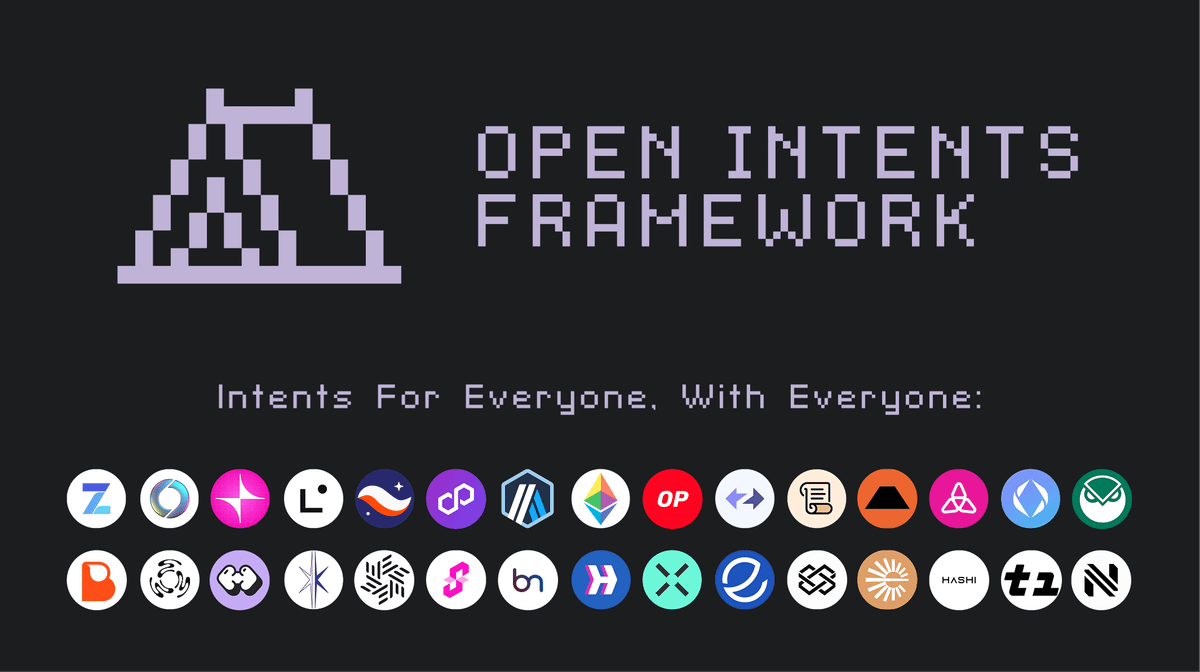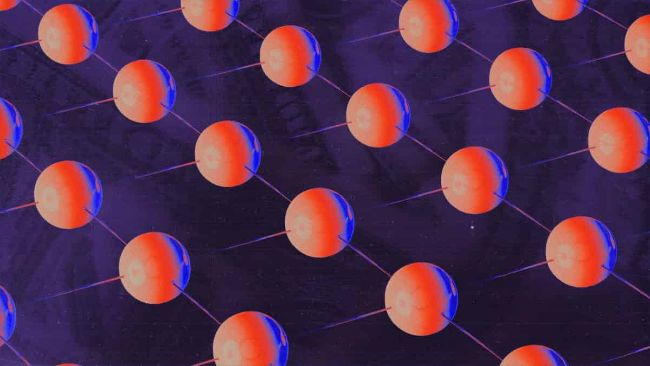This is a segment of the 0xresearch newsletter. To read full editions, subscribe.
As the Ecosystem of Ethereum expands with more than a hundred L2 networks – such as Arbitrum, Polygon, Optimism and ZKSync – navigating between these networks remains cumbersome. Each transfer is like booking a flight with multiple stops and various airlines, where users have to manage chains, navigate bridges and sometimes use multiple portfolios.
Intentions offer a solution by having users specify the outcome they want, while specialized solves determine the best way to implement it efficiently. Instead of moving assets manually and interacting with different networks, users easily explain their intention and processing Solers the rest.
The Open Intents Framework (OIF) is a new initiative that is designed to standardize and simplify cross-chain transactions within the Ethereum ecosystem. Developed by contributors to the Ethereum Foundation, Hyerlane and Bootnode, OIF offers a modular, permissionless system for intention -based version. By enabling users to specify the desired results instead of performing transactions manually in multiple L2S, OIF wants to smooth out the raw edges of interoperability of the cross-chain.
With the help of standardized infrastructure, developers can integrate -based implementation without having to rebuild their own solutions. This shared framework reduces friction and promotes cooperation in around 30 ecosystem teams.

Source: Ethereum Foundation
An important feature of OIF is the support for multiple settlement mechanisms with which developers can choose implementation methods that best suit their use cases. These include:
- RRC-7755 from Base and Hashi Alliance: an Oracle aggregator that provides reliable data for the implementation of the cross-chain.
- The mounting layer of espresso systems: a mechanism that adds extra security and finality insurance.
- Optimism’s Superchain Native Interoperability: a framework that enables seamless interactions within the optimism ecosystem.
- The temporary employment standard of Arbitrum: a protocol optimization of the implementation of the intention on the arbitrum network.
With this diversity in settlement methods, builders can experiment with different approaches while maintaining interoperability.
ERC-7683: Standardization of cross-chain intentions
In the core of OIF, ERC-7683, a standard, has been developed by Over and Uniswap Labs to create a uniform structure for expressing and implementing intentions in the growing ecosystem of Ethereum.
In contrast to EIPs, Ethereum requests for comments (ERCs) focus on the standards for Application Gayer, such as token specifications and implementation frameworks. ERC-7683 functions as a shared language that provides compatibility between solutions, users and applications to eliminate fragmentation.
OIF lowers barriers for all participants in the Multichain space of Ethereum:
- Developers save months of development time by using ready-made infrastructure.
- Networks can integrate -based implementation without needing the permission of central authorities.
- Users benefit from near-instant cross-chain transactions, which improves efficiency dramatically.
- Solvers can serve multiple protocols under a single framework and streamline their activities.
With the support of the most important L2S and infrastructure providers from Ethereum, the OIF represents a coordinated effort to unite the Multichain environment of Ethereum, reminiscent of the W3 alliance. As the adoption grows, it is expected to encourage the next phase of Interop, so that on intention -based version is a core component of the ecosystem.

